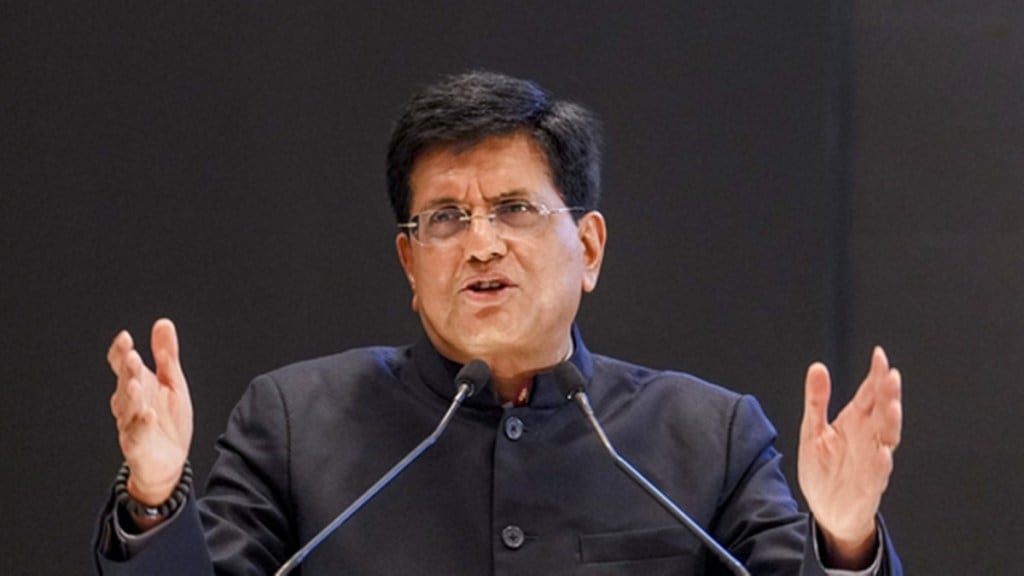India is looking forward to fast-tracking discussions on the review of the Asean-India Trade In Goods Agreement (AITIGA) to ensure fair trade and balanced growth, commerce and industry minister Piyush Goyal said on Thursday.
In a post on X, the minister said that he had held a meeting with Malaysian minister of investment, trade and industry Tengku Zafrul to discuss the ongoing review of AITIGA and address the challenges facing it. Malaysia is India’s permanent coordinator from Asean on economic matters.
Both ministers also talked of furthering discussions on the proposed Comprehensive Economic Cooperation Agreement (CECA) between India and Asean. The CECA includes agreements on trade in goods, services, and investment which have already been signed.
India has said in the past that Asean is going slow on the review of AITIGA that came into force in 2010. Both sides are working towards the 2025-end deadline for completing the review of the goods trade agreement and with just five months remaining, discussions need to speed up.
Asean comprises Brunei, Cambodia, Indonesia, Laos, Malaysia, Myanmar, the Philippines, Singapore, Thailand, and Vietnam.
Within five years of the agreement on goods being activated in 2010, India had started seeking a review of the pact as its imports from Asean zoomed but it could not derive the expected benefits. It took India four years to convince Asean of the need for a review of AITIGA. “Asean agreed to review in November 2019 and for two years did not start negotiating on it. Even after a number of rounds of review negotiations, the progress has been very limited,” an official had said earlier.
India slashed duties on 71% of its traded products under AITIGA. Indonesia brought tariffs down on just 41 % of the products, Vietnam 66.5% and Thailand 67%. These countries had higher per capita income than India but even then New Delhi agreed to more concessions than the Asean members under the pact.
This non-reciprocity is another reason that Asean has walked away with most of the gains from the agreement.
Recently, Goyal had said that it was “silly” on India’s part to sign a free trade agreement (FTA) with Asean which is now being used to route Chinese products into India.
The official said in many cases the products entering India from Asean are subsidised at the production stage by Chinese suppliers of inputs, thus making it difficult to locate the unfair trade practice at the point of export. Now in all dumping cases from Asean, the authorities are examining the production costs of the inputs.
India also maintains that its exports to Asean have been impeded by non-reciprocity in FTA concessions, non-tariff barriers, import regulations and quotas. Another Indian demand is strict adherence to the rules of origin provision by Asean.
Since AITIGA became operational, the trade deficit with Asean widened from $4.98 billion in 2010-11, the first full year of operation of AITIGA, to $44.20 billion in 2024-25. India’s exports to the region fell 5.77% on year in 2024-25 to $38.96 billion while imports grew 5.65% to $84.16 billion.

